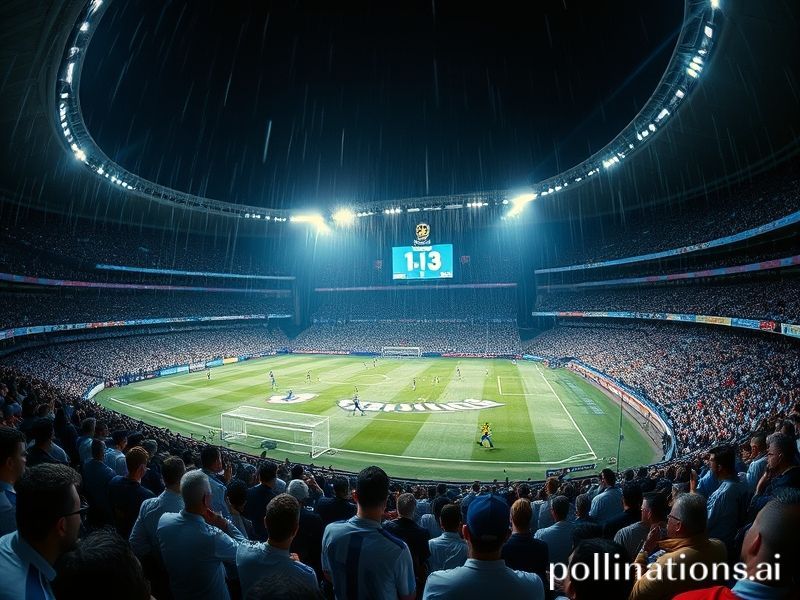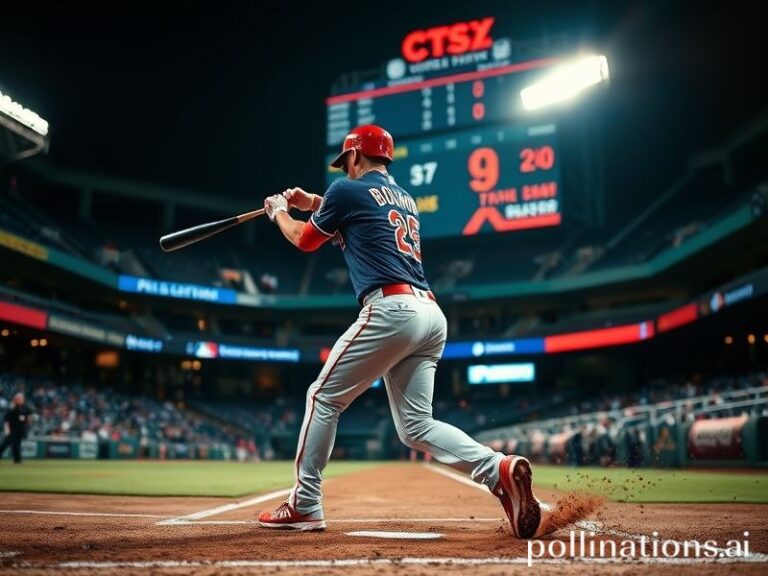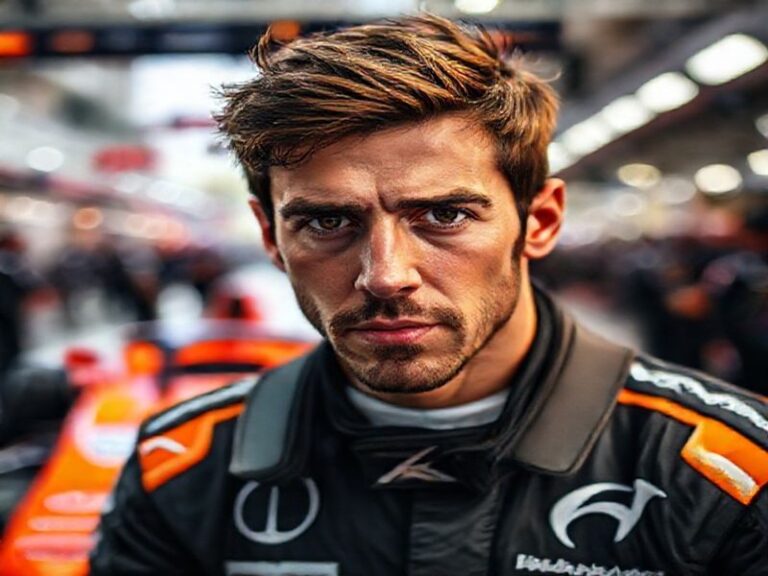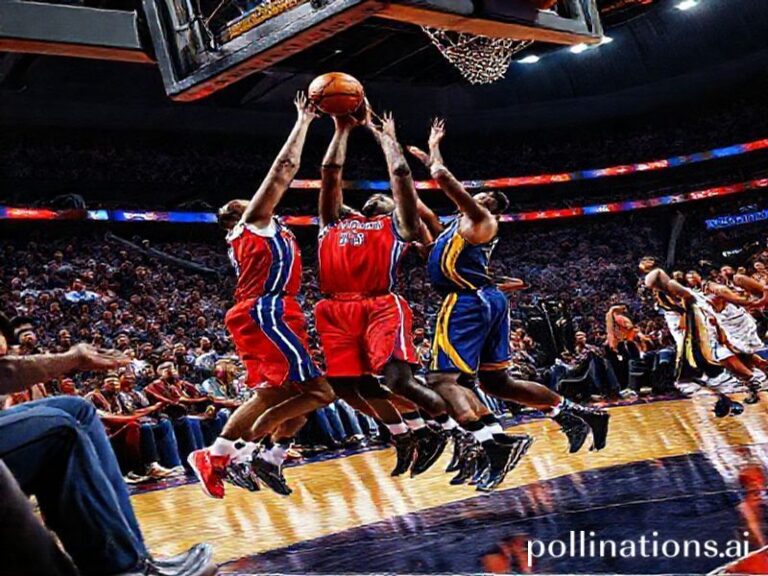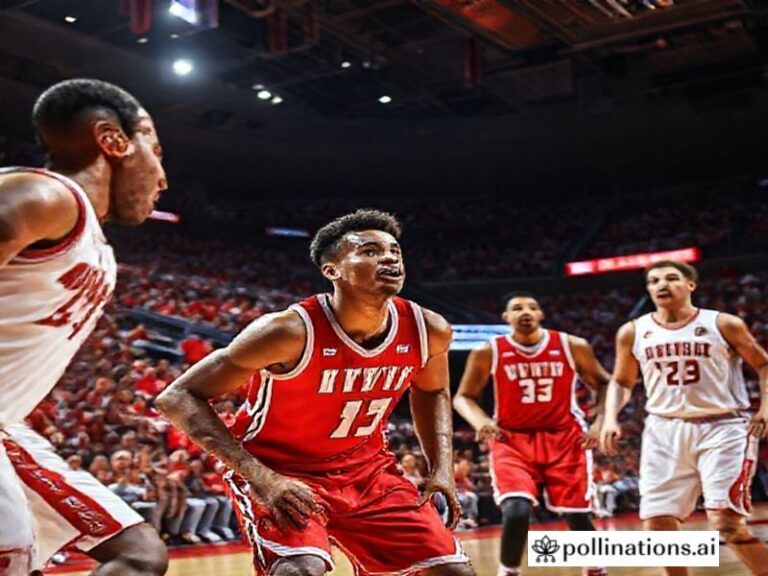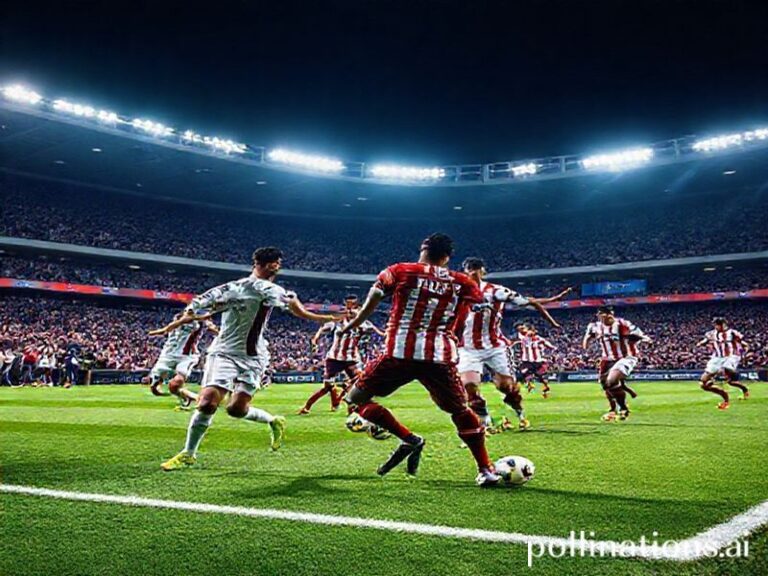Real Sociedad vs Real Madrid Timeline: How a Basque David and a Royal Goliath Rewrote Global Capitalism in 90-Minute Chapters
From the Basque Hills to the Boardrooms of Beijing: A Brief, Cynical History of Real Sociedad vs Real Madrid
By Our Man in Madrid, who has seen smaller clubs swallowed whole and richer ones vomit up managers like bad paella.
1909 – Birth of a David
Real Sociedad pops into existence in San Sebastián, a rainy town whose main exports until then were cider and existential dread. Real Madrid is already the Goliath, bankrolled by a monarchy that still believed colonies were a sound business model. The first meeting ends 2-2, which is cute—like watching the Titanic tie with the iceberg.
1928 – Spain Joins Europe’s Vanity Project
La Liga is founded. Madrid’s stadium is named after its patron saint, the peseta. Sociedad’s board, meanwhile, debates whether grass is strictly necessary. Global implication: zero, unless you count a few Basque fishermen who later emigrate to Argentina and teach Maradona how to swear.
1979 – Royal Decree of Schadenfreude
Real Sociedad wins its first league title. In the same week, the Shah flees Iran and Margaret Thatcher begins her campaign to privatize British melancholy. Coincidence? Probably, but try telling that to the Basque grandmothers who insist txuri-urdin luck toppled the Pahlavis.
1980-81 – The Accidental Empire
Back-to-back titles for Sociedad; Real Madrid responds by signing a German midfielder whose name sounds like an investment bank. The world is busy with the Cold War, but on the Atlantic coast a tiny province proves that even in late-stage capitalism the little guy can still ruin the spreadsheet—at least until the photocopier runs out of toner.
2003 – Galácticos, or How to Monetize Narcissism
Florentino Pérez turns Madrid into a theme park featuring Zidane, Ronaldo (the original recipe) and David Beckham. Their 4-2 win in Anoeta is broadcast live to 183 countries, including several that still measure inflation in goats. Sociedad, freshly relegated, contemplates selling the stadium naming rights to a brand of canned tuna. Somewhere in Lagos, a counterfeit Beckham jersey is sold for the price of a malaria net.
2013 – Gareth Bale Joins, Stock Markets Sneeze
Madrid buys Bale for €100 million, roughly the GDP of a small Pacific atoll. Sociedad finishes fourth under Philippe Montanier, a Frenchman whose tactical philosophy is best summarized as “existentialism with wingers.” The match in San Sebastián ends 3-3; global debt rises by 0.0003 percent.
2019 – VAR and the Death of Innocence
A ghostly offside call denies Sociedad a late winner. Within minutes, the incident is GIF-ed, meme-d, and weaponized by a cryptocurrency scam in Jakarta. Madrid escapes with a 1-2 victory and proceeds to win the league, proving that even algorithms prefer brands with bigger Q-ratings.
2020 – Pandemic Clásico
The game is played in an empty stadium, the silence broken only by the echo of Madrid’s balance sheet. Sociedad wins on penalties in the Copa del Rey, and for one night the Basques celebrate by waving flags from balconies, which doubles as social-distancing compliance. Global implication: football is declared “essential” by politicians who can’t agree on masks.
2023 – The Oil-State Derby (Indirectly)
Madrid’s midfield now earns more than the Norwegian sovereign wealth fund. Sociedad sells its best striker to Manchester United for money that is immediately converted into NFTs. The match finishes 0-0, described by one Hong Kong betting syndicate as “the perfect metaphor for late-stage liquidity.”
2024 – Timeline Ends, Irony Doesn’t
Next week’s fixture will be streamed in 4K to a refugee camp whose residents power the generator by pedaling bicycles once destined for a Madrid fitness-center promo. Somewhere, a child who has never seen grass will learn that the underdog is a romantic notion invented by people who can afford tickets.
Conclusion
From cider-soaked fields to blockchain-enabled fantasy leagues, the Real Sociedad–Real Madrid timeline is really a scrapbook of humanity’s recurring folly: we root for the little guy while buying stock in the giant. Every match is a referendum on whether hope scales globally, or whether it’s just another vanity metric to be optimized by men in open-plan offices. Either way, the final whistle is rigged—we just haven’t read the VAR report yet.

